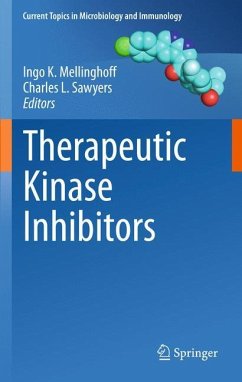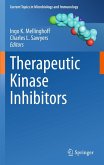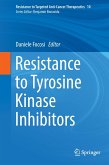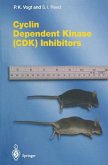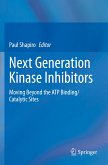Cancer drug development is currently undergoing a profound shift. Drugs targeting fundamental cellular processes such DNA-replication and microtubule function, often referred to as "chemotherapy" and still the backbone of most cancer treatment regimens, are increasingly being complemented by or replaced with kinase inhibitors. This new class of drugs targets enzymes which provide growth and survival signals to cancer cells by transferring phosphate groups from Adenosine-5'-triphosphate (ATP) to other proteins, lipids, nucleotides, and carbohydrates.
This book summarizes the current state of kinase inhibitor therapy for cancer. Successful drug development relies on the expertise and dedication of many experts. To reflect this team approach to finding new kinase inhibitors and defining their optimal use for cancer treatment, the editors invited experts in academia and pharmaceutical industry to share their insights into various aspects of this process, ranging from thefirst chemical screens, to preclinical testing and disease-focused clinical drug development. The editors and authors hope these lessons will be instructive for the novice as well as the expert.
This book summarizes the current state of kinase inhibitor therapy for cancer. Successful drug development relies on the expertise and dedication of many experts. To reflect this team approach to finding new kinase inhibitors and defining their optimal use for cancer treatment, the editors invited experts in academia and pharmaceutical industry to share their insights into various aspects of this process, ranging from thefirst chemical screens, to preclinical testing and disease-focused clinical drug development. The editors and authors hope these lessons will be instructive for the novice as well as the expert.

